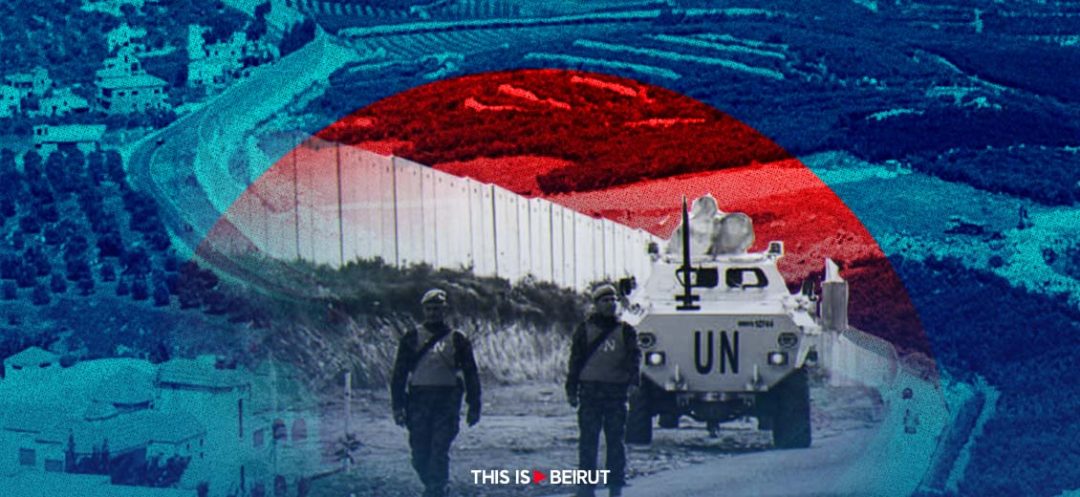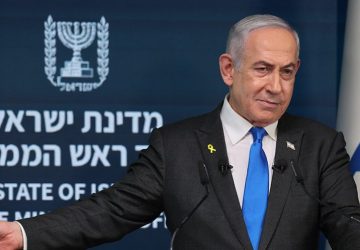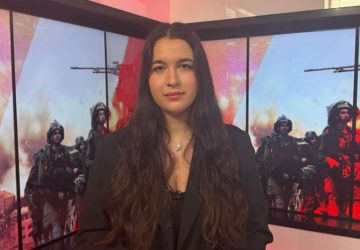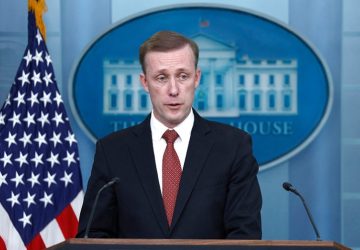Listen to the article
As the US envoy Amos Hochstein is set to arrive in Lebanon, the issue of implementing UN Resolution 1701 comes to the forefront. The key question is to understand the conditions of the resolution’s implementation, concurrently with addressing the terrestrial demarcation of the borders between Lebanon and Israel. Notably, both parties had previously defined their maritime borders in October 2022.
Resolution 1701, adopted by the United Nations Security Council on August 11, 2006, at the conclusion of the war between Hezbollah and Israel, calls for a complete cessation of hostilities. Furthermore, it urges the Lebanese government to deploy its army in South Lebanon, reinforcing the mandate of the UNIFIL.
Retired General Maroun Hitti, in response to inquiries from This is Beirut, stated that “the decision on whether Hezbollah remains or withdraws from South Lebanon lies with Iran.” He emphasized that “the Islamic Republic seeks to exert influence on the country through the party (Hezbollah) acquiring control.” He also pointed out that “Hezbollah witnessed a decline in its influence in the recent parliamentary elections and is now striving to regain lost ground.” He further stated, “If Hezbollah agrees to a ceasefire with Israel, it would be on behalf of Tehran.”
Regarding the rumored negotiations between Hezbollah and the American mediators, wherein the implementation of Resolution 1701 is potentially exchanged for political gains, General Hitti suggested that “Hezbollah might accept this deal, although a significant portion of the Lebanese population is likely to reject it.”
In this context, General Hitti asserted, “Resolution 1701 has never been effectively implemented.”
He advocated for the “adoption of an entirely new resolution, even considering a change in the status of Resolution 1701 by placing it under Chapter 7 rather than Chapter 6.” It is worth noting that Chapter 6 only entails the “deployment” of the interim force, while Chapter 7 allows for “the use of force” if either party violates the resolution. Additionally, General Hitti criticized “the total absence of the Lebanese state, which is supposed to demand the withdrawal and disarmament of Hezbollah, integrating it into a national and legitimate defense.”
Commenting on the potential negotiations involving the pro-Iranian party and the United States, retired General Khalil Helou deemed it “political and media chatter,” adding that “it remains a possibility, though.” General Helou emphasized to This is Beirut that “American and French mediators are not tasked with interfering in Lebanon’s internal issues.” Their role is to cease firing against Israel from Lebanese territory while ensuring a guaranteed withdrawal of Hezbollah to a reassuring distance. He added that “Hezbollah, for its part, has not provided a response (regarding withdrawal) so far.” The group conditions any negotiation on the cessation of the war in Gaza, but this seems unlikely in the short term as Hamas persists, retaining at least 50% of its combat capability.
General Helou stressed that “if Resolution 1701 is implemented, there is no guarantee it won’t be violated, both by Hezbollah and Israel. It depends on the strict enforcement of the resolution by the Lebanese army and a government with enough influence in negotiations.”
Manuel Kiredjian, former UNIFIL general and liaison officer between the Lebanese army and UNIFIL from 2004 to 2008, was also contacted by This is Beirut. He recalled that during “the drafting of 1701, the concerned parties agreed on the clauses of the resolution, confirming their commitment to respect it.” “Non-violation doesn’t require a guarantee because the application of this resolution relies on the intention and willingness of the two concerned parties.”





